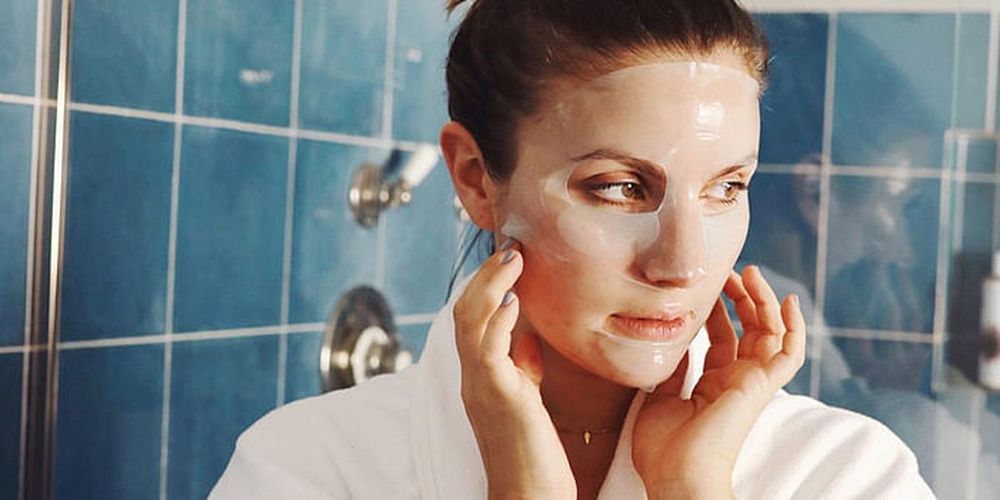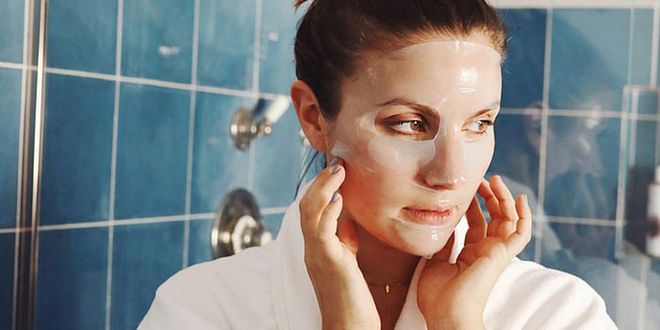BAZAAR's Skincare Beginner’s Guide To Peptides
Everything you need to know about this powerful active ingredient


Photo: Instagram/@emmahoareau
Peptide products
Navigating the world of skincare can be an overwhelming task, with hundreds of brands peddling dozens of products, each making lofty claims to be your ultimate skincare dream-come-true. Beyond packaging and marketing, it is challenging to truly understand what you’re paying for—I mean, have you read the ingredients list of any of your skincare products?—especially when you’re not armed with a chemistry degree.
To help sieve through the information, the first thing many of us do is turn to the internet, researching scientific-sounding terms and super ingredients that smooth, plump and brighten. And if you’ve been scouring the anti-ageing aisles, you’d have inevitably come across peptides, which are often associated with skin-firming and skin-lifting benefits. Here, we explain this complex class of ingredients by highlighting the top five things you need to know about peptides:
What Are Peptides And What Are They Made Of?
Often found in anti-ageing skincare products, peptides are small molecules that are made of amino acids. And since amino acids are also building blocks of proteins, peptides are essentially protein fragments. There are hundreds of different peptides, depending on what amino acids they are made of and how they are combined. This also means that depending on how peptides are combined, they make different proteins.
The top three most important proteins found in our skin are: collagen, elastin and keratin, and they are all responsible for keeping the skin firm and taut. This also explains why peptides are highly regarded for their ability to promote a firmer mien.
How Do They Work?
As we age, collagen and elastin fibres start to stiffen and break down, which leads to noticeable signs like sagging or loss of volume. Moreover, exposure to UV rays, pollution and stress also accelerate the rate at which these connective tissues are damaged. And that’s where peptides come in — when they are applied and absorbed into the skin, they signal to skin cells to produce more collagen, thereby supporting its firmness and density.
Can You Mix Peptides Or Combine With Other Ingredients?
Just like antioxidants and AHAs, peptides work best in a group. Since there are hundreds of peptides, they serve a wide range of benefits so using products that contain more than one peptide ensures that you maximise the products’ efficacy.
And similar to having a balanced diet, using peptides alone in your skincare routine will not address all your skincare concerns—I mean, come on, you can’t just be concerned with firmness—because you’ll still need other ingredients like hyaluronic acid to replenish moisture, retinol to rejuvenate skin, arbutin (or the likes) to inhibit melanin, AHAs to accelerate cellular turnover and antioxidants to protect skin against free radicals. Simply put, make sure to incorporate these classes of ingredients to ensure you have all your bases covered.
Here, the best peptide-rich products you can add into your daily routine:
Related articles:
9 Korean Face Masks For Every Skin Concern That Won’t Break The Bank
6 Anti-Acne Devices For Clearer Skin
BAZAAR's Skincare Beginner’s Guide To Hyaluronic Acid